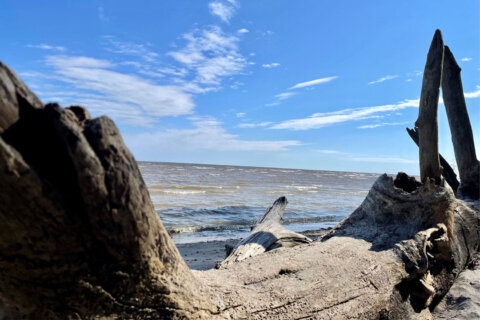After a decade of improvement in air quality, eased government restrictions on coal-fired power plants means others will have to pick up slack to ensure air in the Washington area is healthy.
“From the 2010 to 2012 era, we were having 34 to 50 unhealthy air days annually, and in 2018 we were down to 8,” said David Snyder, Air Quality Committee Chair at Metropolitan Washington Council of Governments.
As the Environmental Protection Agency eases restrictions on coal-fired power plants, Snyder said, “For us as a region, for state and local governments, for businesses and individuals, to maintain and improve our air quality, those challenges will be mounting.”
“We’re not a huge manufacturing area, so that means a lot of our pollution originates from the transportation sector, and a lot is blown in from Midwest power plants,” Snyder said.
When it comes to air quality, Snyder said “there’s no one solution, nor is it simply a government issue, but rather is an issue (in which) we all have to take control.”
Snyder said there are several steps individuals can take to improve local air quality.
- Use public transit: “Use every conceivable alternative besides driving, particularly during hot summer months, which are also ozone season, with the likelihood of the greatest number of unhealthy air days.”
- Telework or share a ride to work
- Bundle errands: “Can you put together a lot of things, or a lot of people, to drive the car once, as opposed to driving it multiple times.”
- Grill cleaner: Trade in your charcoal grill for a gas or electric one.
- Use eco-friendly yard care products
- Maintain an energy efficient home








